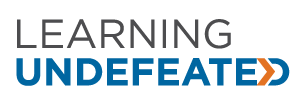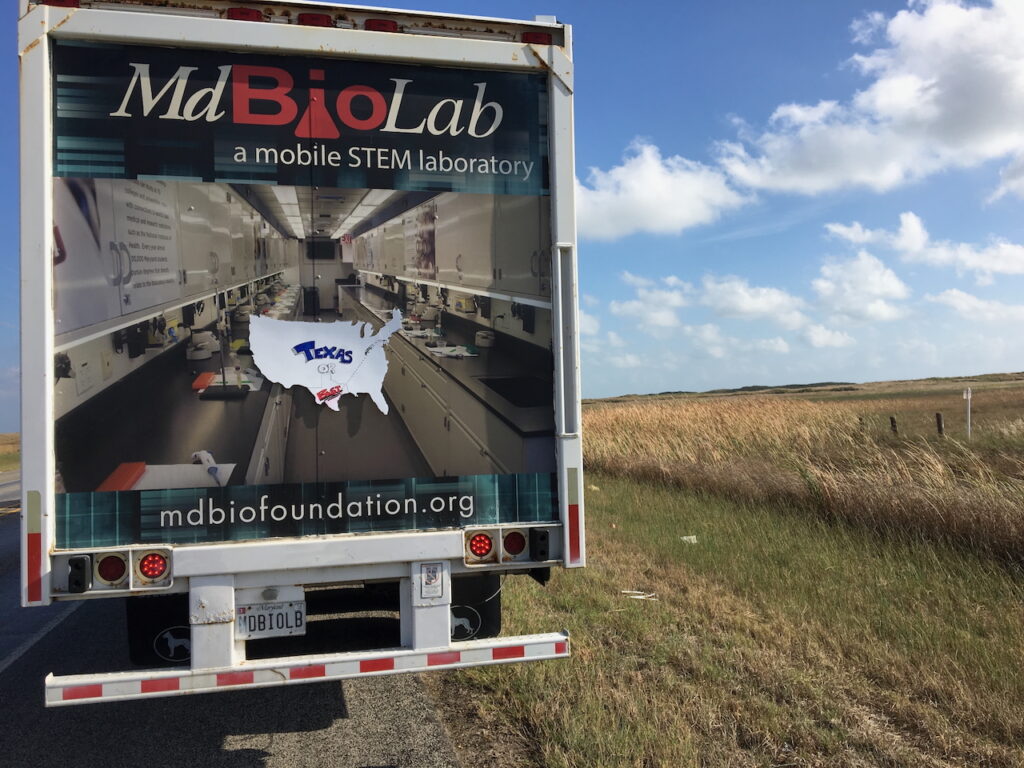The Story of Learning Undefeated
Imagine being at the forefront of a massive STEM education wave that would shape a state, a region, and a nation. Learning Undefeated has been driving access to STEM for all communities and building an agile and adaptive future workforce since 1991. The nonprofit’s innovative approach to education is embedded in the very DNA of this organization with deep roots in biotech innovation.
Read more about us in our 2023 Annual Report
Four decades ago, biomanufacturing brought untapped economic opportunities to a region already well-known for medical research and discovery. Created as the Maryland Bioprocessing Center (later renamed MdBio Foundation), this organization was formed to help nurture biomanufacturing startups and to grow Maryland’s reputation as a center of biotech innovation. Revenue was reinvested into development and promotion of Maryland’s commercial bioscience industry and later expanded to raise awareness of biotech careers among students, parents, and teachers. In 2003, the organization then known as MdBio founded its first traveling bioscience laboratory (MdBioLab) and began visiting Maryland high schools with the goal to help students choose to stay, study, and work in Maryland.

